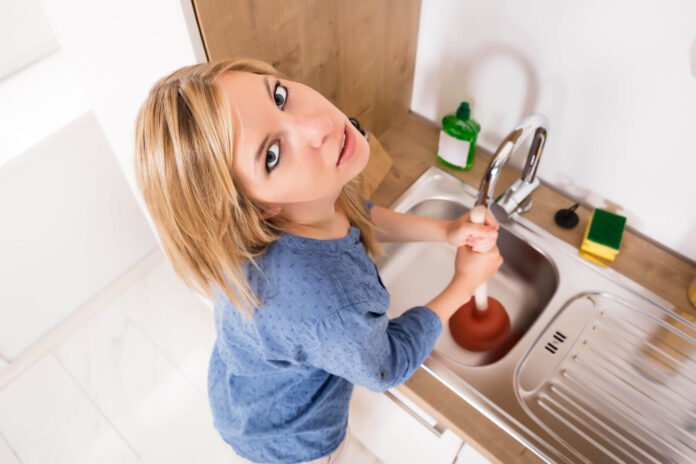By Jacob Larkin, Marketing Co-ordinator, Lanes Group
Most people don’t think much about their drains until there is a problem, but taking a proactive approach to drain care is the best way to avoid issues like blockages or leaks. Ultimately, the biggest cause of drainage problems is that people do not know what they can and cannot put into their drains, and make mistakes by disposing of products inappropriately.
You may be surprised at the type of products that can cause problems or blockages in your drains, many of which are very common. For example, flushing food waste, oil or even “flushable” wet wipes can lead to serious blockages in your drains, and products like caustic soda or supermarket drain-unblocking fluids can create even bigger problems if not used carefully.
Here, the experts at Lanes Group will explain the considerations you need to make to ensure that your drains remain in good health, how you should respond if you need to deal with a blockage, and the problems that can arise if you fail to take proper care of your drains.
What can I flush down my drain?
This is actually a simple question to answer, because there are very few things that can be safely disposed of in your drains. We advocate that you should only ever flush the three Ps: pee, poo and paper. Your drains are designed to carry away foul water from your home or place of business and are not suited to disposing of solid objects.
Outside drains are called surface water drains and are designed to carry environmental water (such as rain) away. You should not pour any contaminants into this system, as this water is not treated to the same extent that foul water is before being released back into the environment.
What should I avoid flushing?
Many everyday items are commonly believed to be flushable when in fact, they should be disposed of in bins rather than in drains. Examples of the types of things that are commonly flushed away, but should not be, include:
- Food waste
- Fat, oil and grease (FOG)
- Sanitary products
- Condoms
- Wet wipes
- Nappies
- Cotton buds
- Bandages and plasters
- Dental floss
If you encounter a problem, we advise that you should not use drain-unblocking fluids or home remedies like caustic soda to remove blockages from your drain. These fluids are frequently highly acidic or alkaline in nature, and either of these extremes can cause damage to your pipes. This in turn can cause leaks, and results in the need for you to reline or replace your pipes. It is better to avoid these problems by keeping your drains in good health.
What items cause the worst blockages?
It is very common for people to wash food waste down their drains, but this is also one of the biggest causes of blockages. Some of these items are less common, but create serious problems in drainage systems and should be disposed of appropriately in the bin.
One of the biggest causes of blockages in drains is FOG, which stands for fat, oil and grease. These substances are very common as products of cooking and at high temperatures, they become liquids and can easily be poured away down the sink. However, this is not a suitable way to dispose of them, because they will soon cool down and reform into solids. These solids can easily block a pipe, and are hard to remove.
While hot water can do the trick in terms of clearing the blockage quickly, it does not completely fix the problem, as the FOG is only washed further into the drainage system. While this seems like a quick fix, this can actually create much bigger issues.
These issues include fatbergs. Fatbergs are buildups of FOG, along with food waste and items like wet wipes, condoms, sanitary products that are all flushed inappropriately. They can accumulate in sewers and cause enormous blockages, which can lead to significant disruption and cost a lot of money to remove.
Our drainage engineers remove between 400 and 600 fatbergs every month. The largest fatberg ever removed from UK sewers was 820ft long, and while this is not typical, it does offer a sense of the scale of the problem. When FOG or inappropriate products are flushed away, they can create or adhere to fatbergs, and this can be an extremely time-consuming, expensive and inconvenient process.
It is always best to avoid flushing these items and to thereby prevent sewers being obstructed by fatbergs. We set up our Unblocktober campaign to make people more aware of the reasons why they shouldn’t flush these items, and encourage everyone to avoid behaviours that can lead to drain blockages.

